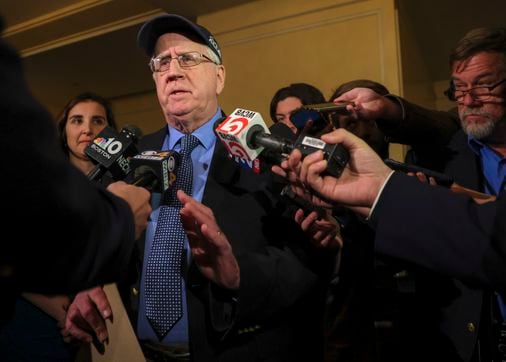Here's what Newt Gingrich was like.
About three weeks after his election as whip, Mr. Gingrich called me into his office. He asked whether I was having dinner with Democrats. I was, I said: A colleague from Tennessee and I were hosting fellow freshman members for dinner regularly to share experiences. Mr. Gingrich demanded that I stop; he didn’t want Republicans consorting with Democrats.
I responded — not overly politely — that I was from Vermont and nobody told me what people I could eat with. But his demand was a harbinger of the decline of moderate and liberal Republicans. (Mr. Gingrich told The Times he did not recall the meeting, but noted that he was working to unify the Republican caucus at the time.)
What followed over the next few years was the deliberate quarantining of Republicans from Democrats: separate orientations for new members, a sharp curtailing of bipartisan activities and an increasing insistence that members toe the party line. The very idea of “voting your district” — which was alive and well when I was elected — became anathema within the Republican caucus. Simultaneously, the weaponization of the evangelical religious right and the organization of wealthy conservative donors was going on, largely behind the scenes, with money and organizing often used against moderate Republicans as well as Democrats.
Then the Republican Party started promising their base lots of things that they could not deliver or else would not want to deliver, things like cutting taxes, eliminating the deficit, reducing federal regulations, banning abortion, and cracking down on LGBTQ rights.
"As Republican voters and nominees adopted an increasingly extreme agenda, even a Republican Congress could not produce the results they had promised." and "These failures drove a further rightward shift that resulted in the rise of the Tea Party."
Some Northeastern Republicans were still moderate, like Sen. Jim Jeffords of VT, who became an Independent, and Sen. Olympia Snowe of ME. She favored "governing" over "controlling".
"But even in New England, long a bastion of liberal and moderate Republicanism, moderates are now losing in Republican primaries." and "There have been a few moderate and liberal Republican success stories, but they are anomalies, peculiar to the person or the situation." - like former Republican governors Larry Hogan of MD and Charlie Baker of MA, leaving only Phil Scott of VT and Chris Sununu of NH.
I believe that the current attempts to overthrow our democratic traditions will fail, but we must understand the successes produced by the right wing’s focus on control at all costs over governing.
Beyond Mr. Trump’s election, those successes include the numerous right-wing ideologues confirmed to federal judgeships, a major effort to restrict voting rights, the increasing presence of dark money in politics, the elimination of abortion rights and a lack of critical progress in combating the global climate crisis.

